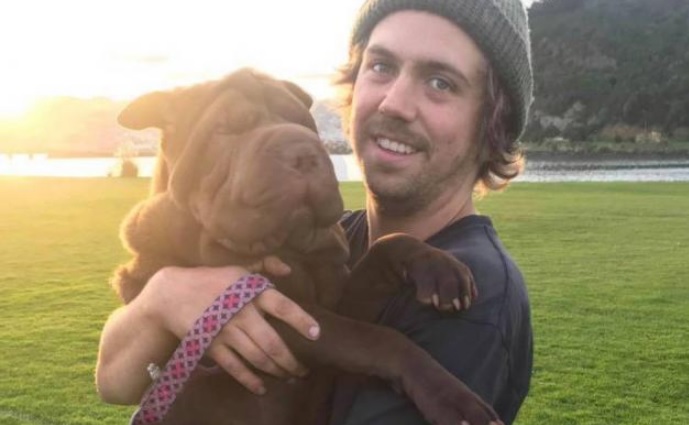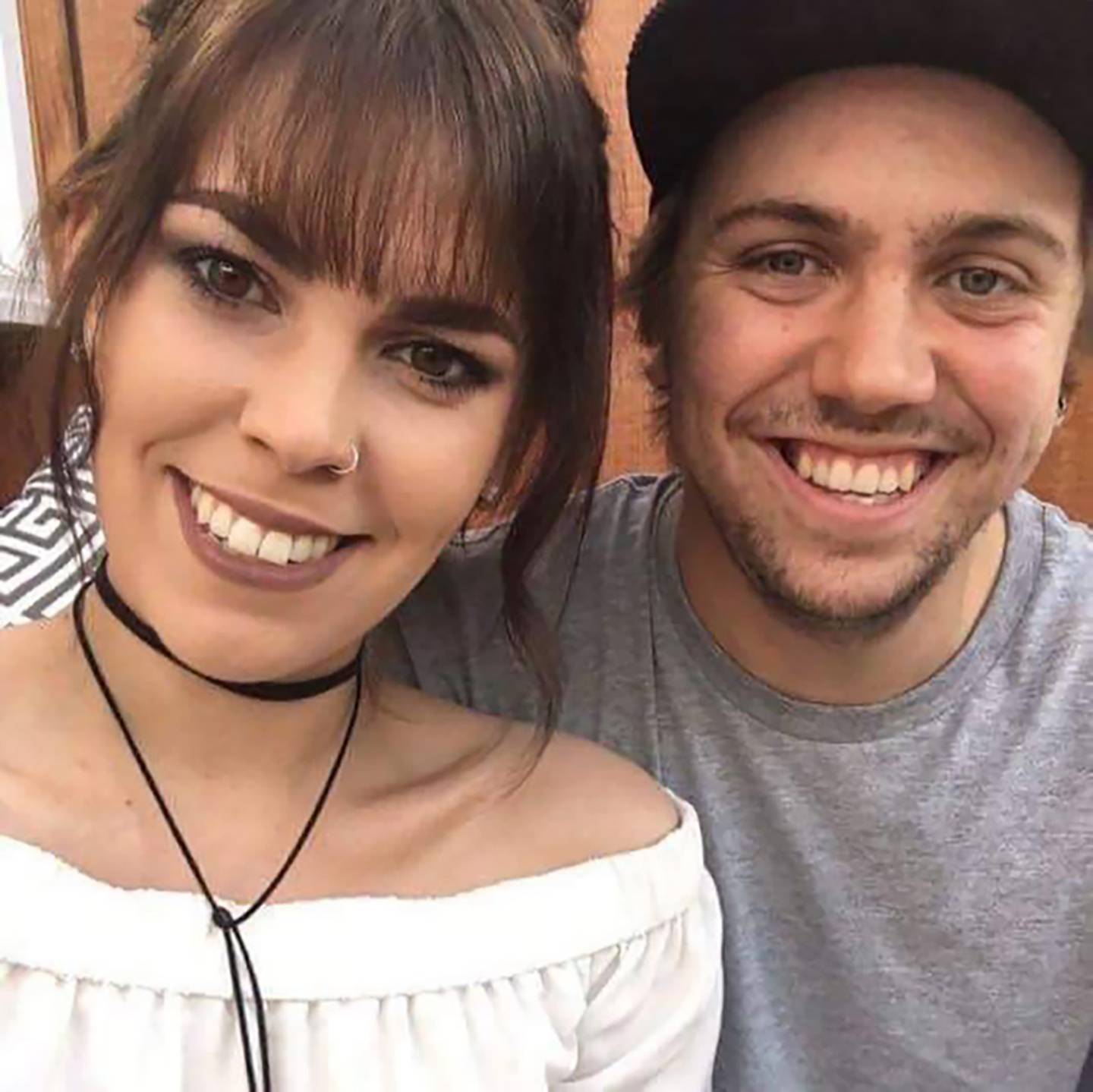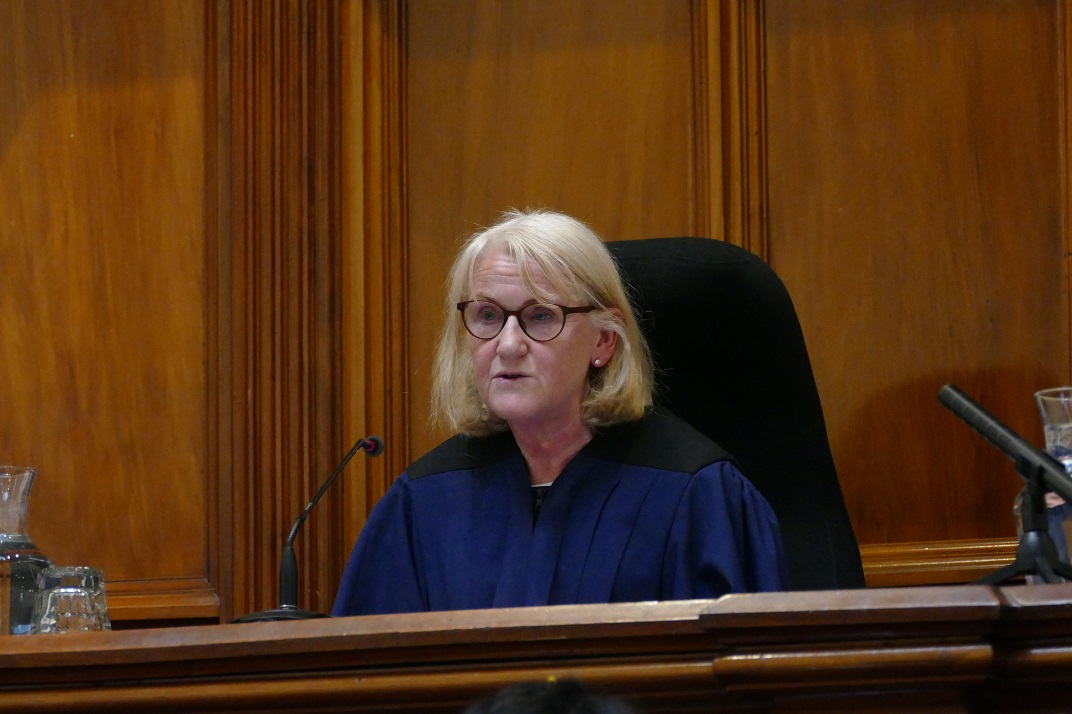
Rory James Nairn (26), a plumber, died in the home he shared with his fiancee Ashleigh Wilson on November 17 last year, 12 days after being vaccinated.
Coroner Sue Johnson told an inquiry at the Dunedin District Court this morning that it was accepted that Mr Nairn’s death was caused by myocarditis, a rare heart condition, and that was likely due to receiving the Covid vaccine.
The vaccinating pharmacist, whose name was suppressed, said patients at the time were not warned about myocarditis because of its rarity, but she confirmed that she was aware it was a side-effect.
Counsel for the Ministry of Health, Ben Finn, asked whether the seriousness of the side-effect suggested that people should have been specifically advised, citing documents distributed by the Immunisation Advisory Centre (Imac).
“That’s not what I was instructed to do at the time by work,” the pharmacist replied.
On cross-examination by Wilson's lawyer, Beatrix Woodhouse, the pharmacist said: “There was a lot of information.”
Emails about the vaccine roll-out, including safety information, had been frequent, with at least one update every week from the Southern District Health Board and Medsafe.
“I think it could have been communicated better,” she told the inquest.
At the time of Mr Nairn’s vaccination she had been unaware death could result from myocarditis.
“As soon as we were notified [of his death], all practises changed. [It is] unfortunate Mr Nairn had to pass away for that to happen,” the pharmacist said, breaking down into tears.
Following Mr Nairn's death, the pharmacy started emphasising to patients that they needed seek medical advice if they experienced any symptoms, she said.
The manager of the pharmacy said that vaccinators were not given a script to follow when discussing potential side-effects of the Pfizer vaccine.
“We’re not McDonald's,” she said.
However, there was a minimum list of potential adverse reactions that clients were expected to be told about, though that did not include myocarditis.
As a general rule and from a pharmacist’s perspective, it was impossible to list all possible side-effects.
“You just can’t,” she said.
The inquest was told a million emailed updates had been coming through and the pharmacy's vaccination programme had been doing their best to keep up with them. But it was difficult “when there’s a link within a link within a link,” that contained important information, she said.
She confirmed that, in some cases, she would receive a phone call from the Southern DHB to update them of important information when it could not wait to be circulated as an emailed update.
She criticised Imac and the Ministry of Health, saying that information about myocarditis should not have been put in such small bullet points.
As medical professionals, they had no desire to miss information that could help the public, she said.

Death could have been prevented: fiancee
Earlier, Ms Wilson read a tearful statement after placing a large photo of her partner at the front of the court.
On it she hung a wedding ring he never got to wear and a mould of their entwined hands made after his death.
“Rory and I had our whole lives ahead of us and so much to look forward to together. That has now gone. His death was so needless and could have been prevented,” she said.
Ms Wilson said the man she had known since the age of 14 was “vaccine-hesitant”, but made the decision to get the jab after a celebratory breakfast following the purchase of their dream home.
Later that night at a family dinner, Mr Nairn said his chest felt “weird”.
“This conversation was very casual and no one, including Rory, was concerned,” Ms Wilson said.
While Mr Nairn experienced further chest flutters, as well as headaches and a sore elbow, he put it down to the stress of an impending marriage and moving house.
His father, Brett, described him as “generally strong and fit”, a keen hunter and rugby player.
In the early hours of November 17, Mr Nairn woke up in discomfort and said he would see a doctor the next day. But when he rose again a couple of hours later, he agreed to go to hospital.
Minutes later, he collapsed in the bathroom and Ms Wilson was unable to open the door to get in.
“I was able to see Rory through the crack in the door. I could see that he was dead,” she said.
Emergency services arrived at the scene and performed CPR in the lounge, but it was unsuccessful.
Ms Wilson said she later found a screenshot on her partner’s phone about myocarditis. Had the advice to seek medical attention been more urgent, it may have saved his life, she said.
“I went quickly from planning a wedding to planning a funeral."

“My heart has been broken over and over again as a result of this online harassment,” she said.
In an opening address, Coroner Sue Johnson conveyed her condolences to the family and stressed that the inquest was a fact-finding exercise.
“I’m truly sorry for your loss... I acknowledge that being here might reignite memories for you about the night in question and take you back to that time."
She told the packed courtroom that she was not there to determine fault, and that evaluating the benefits of vaccination or otherwise was “completely out of my jurisdiction”.
The inquiry is expected to conclude next week.













